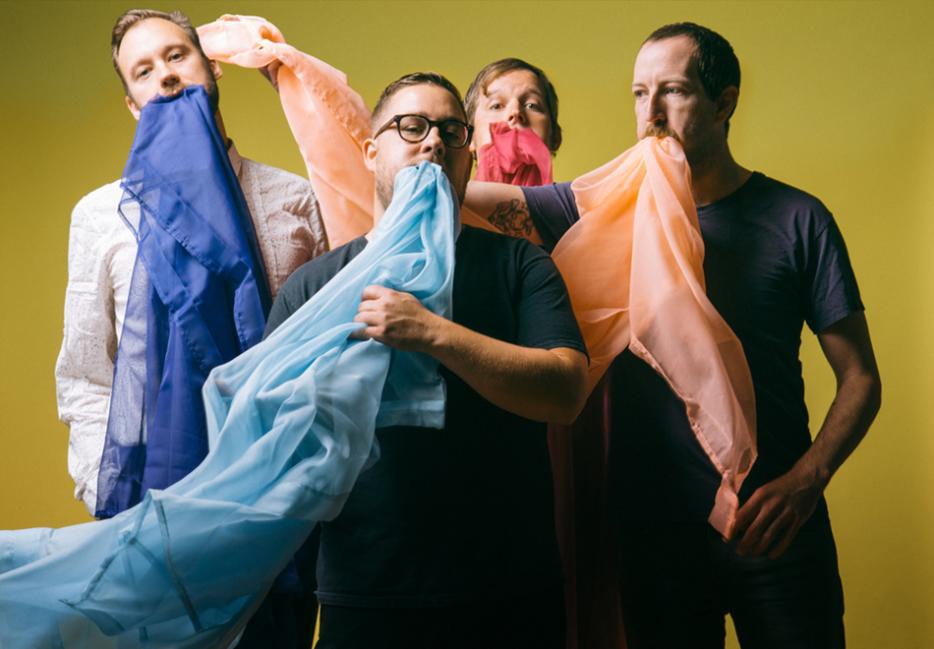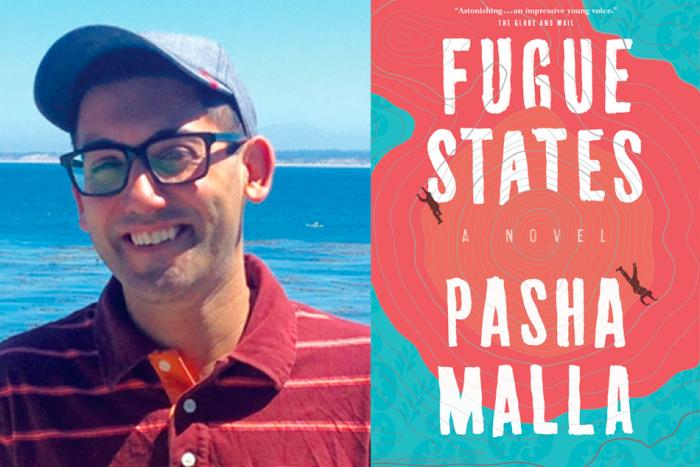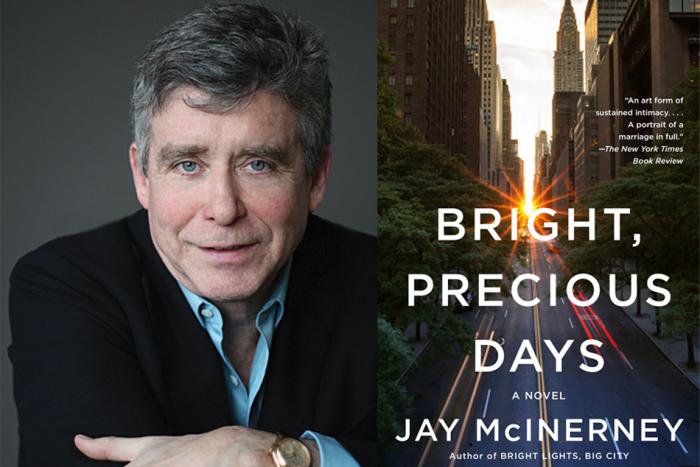So let’s begin with Pissed Jeans. From the eastern side of Pennsylvania, they tap into a grimy, visceral strain of music, have one of the most evocative names of any currently running punk band, and put on a gripping live show. Their latest album, Why Love Now, was released by Sub Pop at the end of February, and right smack in the middle of it, prime sonic real estate to disorient discerning listeners, is a song called “I’m a Man.” Like many of their songs, it delves into the grotesque and the menacing: over booming drums and frenetic guitars, a voice declaims a narrative of toxic masculinity that would make the misanthropic protagonist of your average Shellac song blush.
“I’m a man, Miss Office Lady,” the narrator says, and proceeds with an unsettling and over-the-top method of seduction, using a tone of voice that’s both highly exaggerated and frequently sinister (“I’ll take the milk and the cow. That’s you. You’re the cow”). But the voice heard here isn’t that of Pissed Jeans vocalist Matt Korvette. Instead, those words were written and read by author Lindsay Hunter, whose books—including the novel Ugly Girls and the collections Daddy’s and Don’t Kiss Me—involve a host of similarly oversexed, comic-yet-sinister figures. Hunter blends in so neatly with the band’s sound and attitude, it’s almost a surprise such collaborations don’t happen more frequently.
Pussy, Queen of the Pirates shares its name with a book by Acker, though the two works are distinct from one another. In a 1996 interview for the zine Carbon 14, Acker talked about how she had sought to explore questions of race through writing the book. Her answer, however, ultimately explores larger questions about the nature of collaboration and the work that can result:
“When I start it, I have no idea where it will end up. The same thing with the record with the Mekons. I didn't know it would end up the way it has. I was using material from the book, but I think it's also partly something else. Something you get from the record itself, or from the live performance.”
That sense of “something else” isn’t easy to quantify. Some of it might be the notion of taking a listener (or a reader, or a viewer) by surprise; some of it might stem from the friction that emerges from the best collaborations (and is entirely absent from the worst). It does seem notable, however, that plenty of those collaborations maintain a connection, even now, to the same downtown scene from which Acker played a part.
The producer of Pissed Jeans’s Why Love Now is, in fact, Lydia Lunch (who has herself worked across multiple artistic disciplines). A significant amount of the press the band did follow Why Love Now’s release delved into the band’s working relationship with their two high-profile collaborators. In the case of Hunter, that came via vocalist Matt Korvette’s admiration for her writing.
“I’ve just been a fan of hers and I reached out and we became friends,” he told writer Sarah Rose Etter in an interview for Fanzine. “I just love her writing. I wanted her to write something for the insert initially, but then I wondered does anyone even read inserts?” And so the band and Hunter worked together to create “I’m A Man,” which both feels like a natural extension of their sound and a necessary counterpoint to it. In an interview with the music website CLRVYNT, Korvette was asked about Lunch’s reaction to the finished song. His response? “Oh man, she was moshing to it. It was great!”
There are, of course, such collaborations whose lineage can’t be traced directly to that New York scene of yore. The Philadelphia-based poet, musician, and performance artist Camae Ayewa makes music under the name Moor Mother; her album Fetish Bones was released last year by Don Giovanni Records, best-known for being the home to music by punk artists ranging from Downtown Boys to Screaming Females to Alice Bag. In her introduction to her interview with Ayewa at Pitchfork, writer Jenn Pelly wrote that “she’s posted some 100 recordings to Bandcamp, with samples ranging from children’s hand games to Fugazi’s ‘Waiting Room’ bassline to the poets Maya Angelou, June Jordan, and Ntozake Shange.” Here, too, there’s a juxtaposition between the literary and the musical; here, too, the result is nearly impossible to classify, but frequently gripping.
Trying to force cross-disciplinary collaborations can backfire in a host of ways. But the upswing in these sorts of punk/literary collaborations feels organic: the increased presence of writers at music festivals suggests a move towards increased overlap, and as writers have embraced more performative readings, some have also gotten attention for that side of their persona—author Amelia Gray, for one, has recorded two sessions for the online music archive Daytrotter. A number of DIY performance spaces are also taking a cue from bygone days and hosting multidisciplinary work: the calendar for the Brooklyn DIY space Silent Barn shows readings and zine events alongside a host of punk and experimental artists. The result, often, is thrilling and unexpected: artists of different stripes challenging and complementing each other, and forging new ground together in the process.






